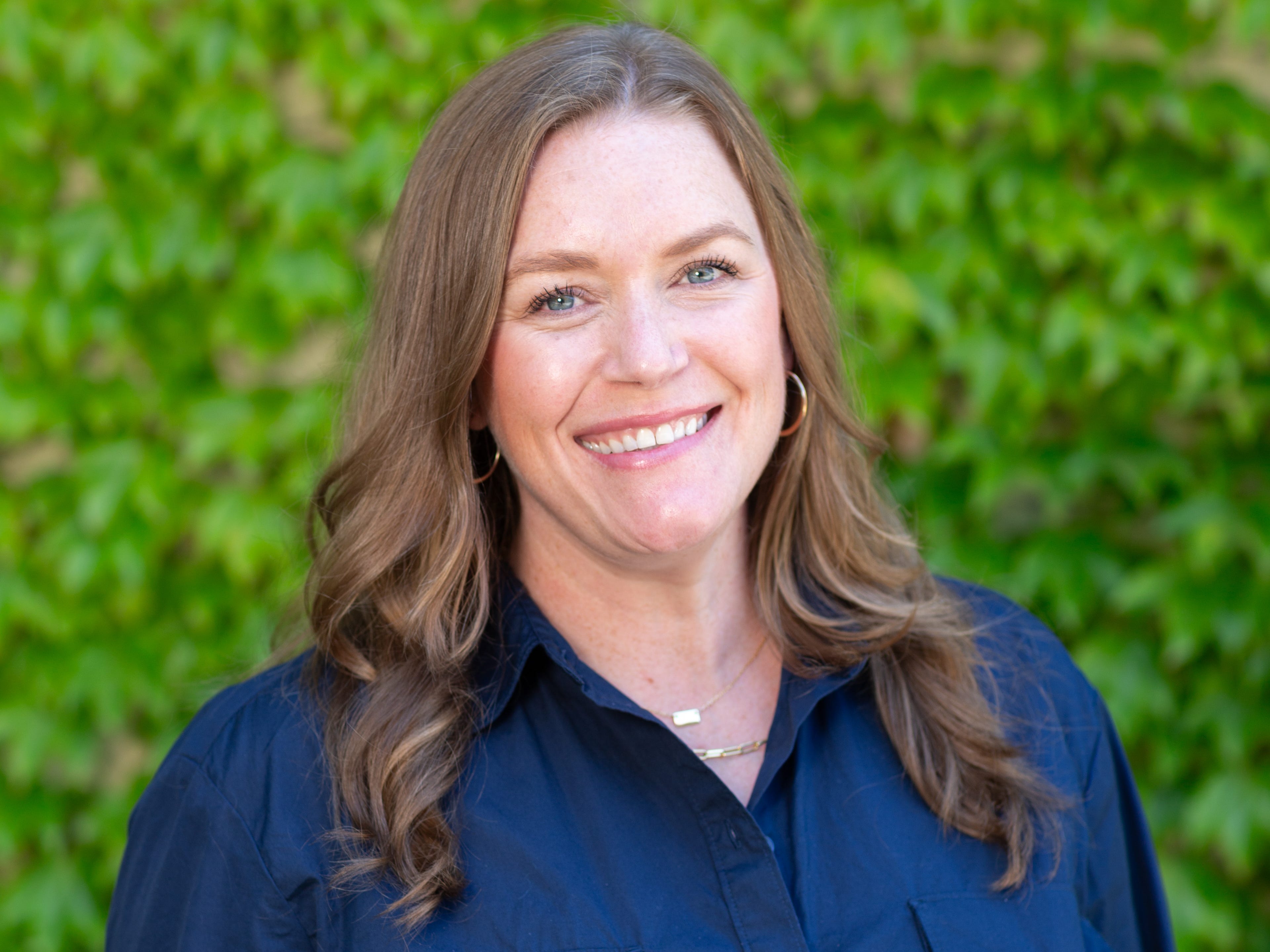
Courtesy of Sara Deshpande, Ava Horton/BI
Sara Deshpande first met Rene Caissie, the CEO of Medeloop, in 2022 at Startup Garage, the Stanford business school class she helps teach. He pitched her a fledgling startup idea.
He and his classmates shared a few business ideas with Deshpande: consumer genetic services, health data tracking, and health management for conditions like diabetes. But Deshpande wasn’t convinced. She told Caissie and his team members that they needed to think of their potential consumers first to identify more unique and novel problems.
So Caissie reworked his concept and came back to her 18 months later with something better.
That second version became Medeloop, an AI-powered medical research startup that now counts Deshpande’s venture firm, Maven Ventures, as an investor. It has since raised $23 million from General Catalyst, Maven, and other firms.
Deshpande’s criticism was emblematic of her approach as an early-stage investor. She isn’t the kind of VC who politely nods and writes a check or supports her founders’ ideas without question.
“With my founders, I’m really known for tough love,” she says. “I never say anything I wouldn’t say directly to them, and they know everything I’m saying comes from a place of wanting them to succeed.”
Deshpande has been investing at Maven Ventures since 2014, when she joined as a general partner. Founded in 2013 by Jim Scheinman, Maven set out to become a go-to seed-stage firm for consumer startups, with bets including the $22 billion videoconferencing company Zoom and the $9 billion AI search startup Perplexity.
At Maven, Deshpande invests in consumer applications across digital health, climate, and AI. She’s backed companies including the fertility benefits startup Carrot Fertility and the sustainable seafood company Wildtype.
Above all, she looks for founders who share her vision of chasing emerging consumer trends and are relentless in their pursuit.
“We like to back people who’ll tear through a brick wall to bring their vision to life,” she said.
From healthcare strategy to startup advisory
Deshpande began her career at Deloitte in healthcare strategy during the passage of the Affordable Care Act in 2010.
“It was a moment when all our clients were trying to figure out what the next wave of consumer healthcare would look like,” she says.
That experience sparked a lasting interest in how consumers interact with big, complex systems — and what it takes to simplify those systems through tech. While still at Deloitte, she began volunteering at the Idea Village, a New Orleans-based startup accelerator.
The day she paid off the loans she took out to attend Stanford’s business school, she called the Idea Village’s CEO and asked if she could come aboard full time.
“That’s where I got this knack for helping founders identify and achieve bold visions, against all the odds,” she said of the Idea Village.
By the time one of Maven’s limited partners introduced Deshpande to Scheinman, she had years of experience coaching founders but had never raised outside capital. Scheinman had a few seed investments under his belt, including in Zoom, and needed a partner to help make his vision of identifying and supporting forward-thinking consumer founders a reality.
“Within 24 hours of that first meeting, I wrote Jim an email like, ‘Here’s my job description,'” Deshpande said.
Deshpande has been at Maven ever since, helping to grow the firm’s portfolio and reputation. She’s been a board observer or advisor to companies such as Hello Heart, Carrot Fertility, Daybreak Health, and Medeloop.

Maven Ventures
Finding bold founders in a shaky market
Now more than a decade in, Deshpande still sees long-term potential in sectors like consumer health, concierge medicine, and personalized care.
Deshpande said consumer health technologies remain a resilient sector despite market challenges. An analysis by the digital health advisory company Galen Growth found that consumer health tech investments grew by 9% between 2023 and 2024.
But Deshpande isn’t blind to the moment. She acknowledged that recent recession fears and market volatility may shape consumer and founder behavior.
“It’s a really turbulent time to be a founder,” she said. “We’d all been hoping for a rosier economic picture. That now seems way less certain.”
Still, Deshpande said that great companies are often created during periods of economic uncertainty.
She’s keeping her eye on founders willing to push forward, including through layoffs or dramatic market shifts. “Sometimes that’s the kick somebody needs,” she said.
The post Sara Deshpande brings ‘tough love’ to seed investing — and why she’s not backing down in a turbulent market appeared first on Business Insider.




